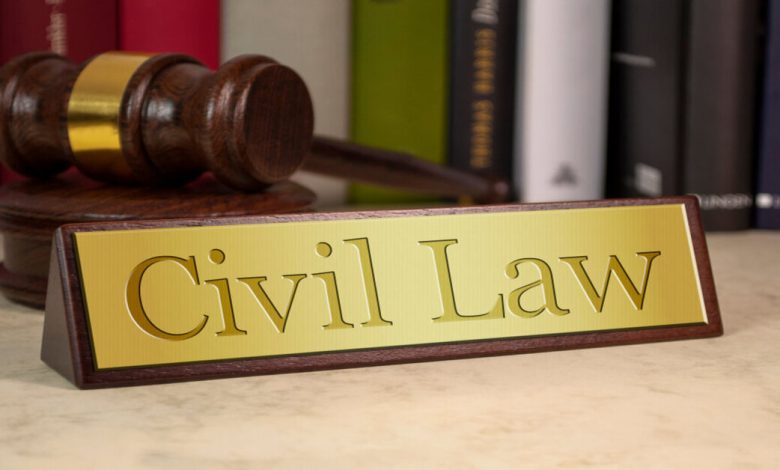What are Civil Laws?

Civil Laws are a set of rules and regulations that govern individuals and businesses in their interactions with each other. These laws are designed to protect the rights of both parties involved and to provide a fair and orderly process for resolving disputes. Civil Law systems are based on codified statutes, which are enacted by the legislature and interpreted by the courts. Common law systems, on the other hand, are based on precedent, which is established by court decisions.
Quizack is the best place to find Civil Laws MCQ quizzes questions. With our vast collection of quizzes, you’re sure to find the perfect one for your needs. Visit Quizack now for more information!
What is considered Civil Law?
Civil Law generally covers all areas of law that are not criminal in nature. This can include contract law, property law, family law, and probate. In some jurisdictions, Civil Law may also encompass other areas such as banking, antitrust, and intellectual property.
When were civil rights laws passed?
The first civil rights laws in the United States were passed in the 1860s, in the aftermath of the Civil War. These laws granted African Americans equal protection under the law and guaranteed their right to vote. More civil rights laws were passed in the 1950s and 1960s, including the Civil Rights Act of 1964, which outlawed discrimination based on race, color, religion, sex, or national origin.
Are laws necessary in society what would be the consequences of not having laws?
Laws are necessary for society because they provide a framework for individuals and businesses to interact with each other. Without laws, there would be chaos and anarchy. The consequences of not having laws would be that people would be free to do whatever they want, without any constraints. This could lead to all sorts of problems, such as violence, theft, and fraud. Moreover, without laws, there would be no way to enforce contracts or property rights. In sum, the absence of laws would lead to a breakdown of society.
Can a Civil Lawsuit affect employment?
Yes, a Civil Lawsuit can affect employment. If an employee is sued for something that happened at work, their employer may be held liable. This could lead to the employee being fired or demoted. Additionally, if an employee sues their employer for wrongful termination or discrimination, this could also adversely affect their employment.
What do Civil Laws deal with?
Civil Laws deal with a wide variety of topics, such as contract law, property law, family law, and probate. In some jurisdictions, Civil Law may also encompass other areas such as banking, antitrust, and intellectual property.
Why is Civil Law necessary?
Civil Law is necessary because it provides a framework for individuals and businesses to interact with each other. Without Civil Law, there would be chaos and anarchy. The consequences of not having Civil Law would be that people would be free to do whatever they want, without any constraints. This could lead to all sorts of problems, such as violence, theft, and fraud. Moreover, without Civil Law, there would be no way to enforce contracts or property rights. In sum, the absence of Civil Law would lead to a breakdown of society.